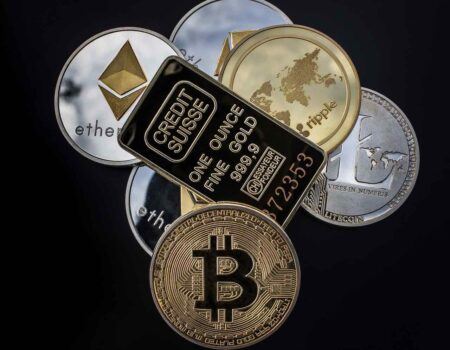Iran is moving ahead with the implementation and testing of a national cryptocurrency, after the Trump administration last week re-imposed sanctions on the country, that had been suspended under the so-called Iran Deal. Iranian commercial banks will have first access to the, in effect, rial-backed stablecoin as it completes its “pilot stage,” according to the Ibena Persian news outlet.
Little information is available on the mechanics or specifications of the developing currency, which has reportedly been developed for the Iranian central bank by Informatics Services Corporation (ISC). We do know that minting of coins will be done exclusively by the central bank and backed one-to-one with the national currency, according to a spokesperson for the developer. This system presumably precludes the possibility of either proof-of-work or proof-of-stake functionality.
According to Ibena, ISC spokesperson Seyyed Abotaleb Najafi said that the tokens will be used by commercial banks as “payment instrument[s] in transactions and banking settlement.”
The prospect of a government-backed Iranian cryptocurrency has been discussed for several months now, in both the crypto-press and traditional press, backgrounded by the threat of crippling sanctions. It appears that the increasing pressure of sanctions has provoked Iran into realizing these experimental measures, as it has done to other countries excluded from the global financial system by mostly U.S.-driven sanctions.
One of Iran’s primary concerns is the unwinding of its oil exports, which have already taken a hit after Trump announced his intention to renew sanctions earlier this year.
Growing EU-US rift
The promise of uncensorable cryptocurrencies came especially into focus last week, as the Belgium-based SWIFT financial messaging service announced exclusion of service to some Iranian banks, as a result of direct U.S. threats to sanction SWIFT itself if it does not comply.
The SWIFT system is a vital circulatory system for the global financial system, which reportedly links over 11,000 global financial entities in more than 200 countries – thus, being excluded from it can mean ruinous exclusion from vital global markets.
SWIFT, ultimately a private company, has found itself at the center of a major U.S.-European Union (E.U.) political rift, as several European nations are staunchly opposed to renewed sanctions against Iran, which threaten to scuttle the Obama-era nuclear deal. The E.U. has likewise threatened punitive action against SWIFT for caving to U.S. pressure on the matter.
European concerns have in fact been so grave that they have committed to developing a “special vehicle” to keep open financial channels with Iran and keep business flowing, in order to reduce both the economic and political impacts of U.S.-backed sanctions.
This special vehicle is still in negotiation, and was not ready by the time the renewed sanctions were announced last week, according to the Financial Times of London.









